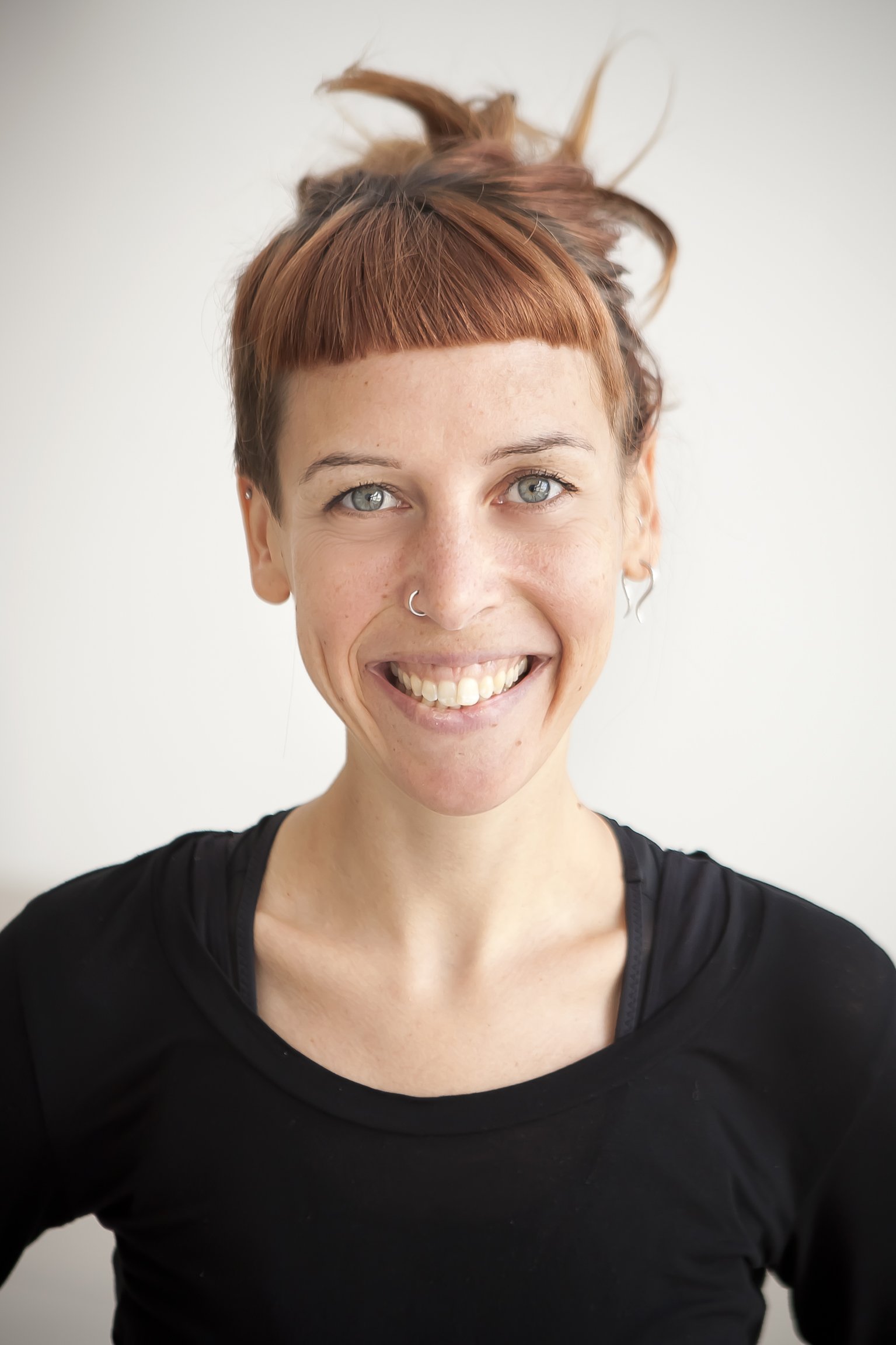
PETRA SAUER
Social scientist. Social mind. Traveler.
Petra Sauer is a social scientist, working in Luxembourg, Vienna and Switzerland. Her research focuses on the causes and consequences of social and economic inequalities resulting from unequal educational opportunities and labour market experiences of women and men, and between social classes. She is driven by the – not at all insignificant – goal of contributing to a just and peaceful society. In 2018, she obtained the Kurt-Rotschild award for disseminating scientific findings to a broader audience. She travels for work and pleasure. On the train, between cities, she meets people and gathers experiences that inspire her research and way of life.
Petra Sauer / © Sonja Spitzer
“I pursue science as a way of critical thinking and discussion, embedded in a friendly and collegial environment that is open to new ideas and different world views.”
I am (LIS)2ER Tony Atkinson Research Fellow in a joint postdoctoral position at the Luxembourg Institute of Socio-economic Research (LISER) and the Luxembourg Income Study (LIS), fellow of the College of Interdisciplinary Educational Research (CIDER) and affiliated to the Research Institute Economics of Inequality (INEQ) at WU Vienna. In February 2024, I will start a new position at the Department of Sociology, Social Policy and Social Work at the University of Fribourg, Switzerland. My research focuses on social inequality, its dynamics over time and across countries , and its underlying mechanisms, with a particular emphasis on (higher) education and labour market outcomes. I have worked in several interdisciplinary environments, which have profoundly shaped the way in which I approach my research topics.
I became interested in educational issues early on in my economics studies. It was also through education that I became interested in the topic of inequality. My PhD looked at how education has expanded around the world, how this differs between men and women, and it relates to economic growth and income inequality. However, I began to feel dissatisfied with the questions being asked in economics and the approaches being used to address societal issues. In the 1990s education was predominantly seen as the key driver of economic growth, and this is still largely the consensus today. In addition, the conventional wisdom is that education is a key equaliser. Yet, I was driven by questions such as: Under what conditions can such promises be fulfilled? Do they apply equally to all groups in a society? Can education itself contribute to social inequality?
I found guidance on how to approach such questions in the literature on the sociology of education and social stratification research which help to understand education as an integral part of social structures. I am convinced that integrating different perspectives (across and within disciplines) and constantly reflecting on one’s views and approaches is important not only to contribute to scientific knowledge but also to serve society as a whole.
My current research examines the relationship between tertiary educational attainment and income inequality in high-income countries. I find that having more men with higher education contributes to increase inequality, while having more women with tertiary education would reduce it. This is related to the gender wage gap, with women earning less than men even if they have a university degree. I also look at the impact of the Bologna reform – introduced in Austria in 2000 – on the incomes that women and men can earn with their degrees, how large the wage gap is between women from different social classes, and how financial resources are distributed among universities in Europe.
“The expansion of higher education can, but need not contribute to more social inequality. We have to take potential implications for inequality by gender and social class into account to secure that education policies contribute to social cohesion, democracy and poverty reduction.”


